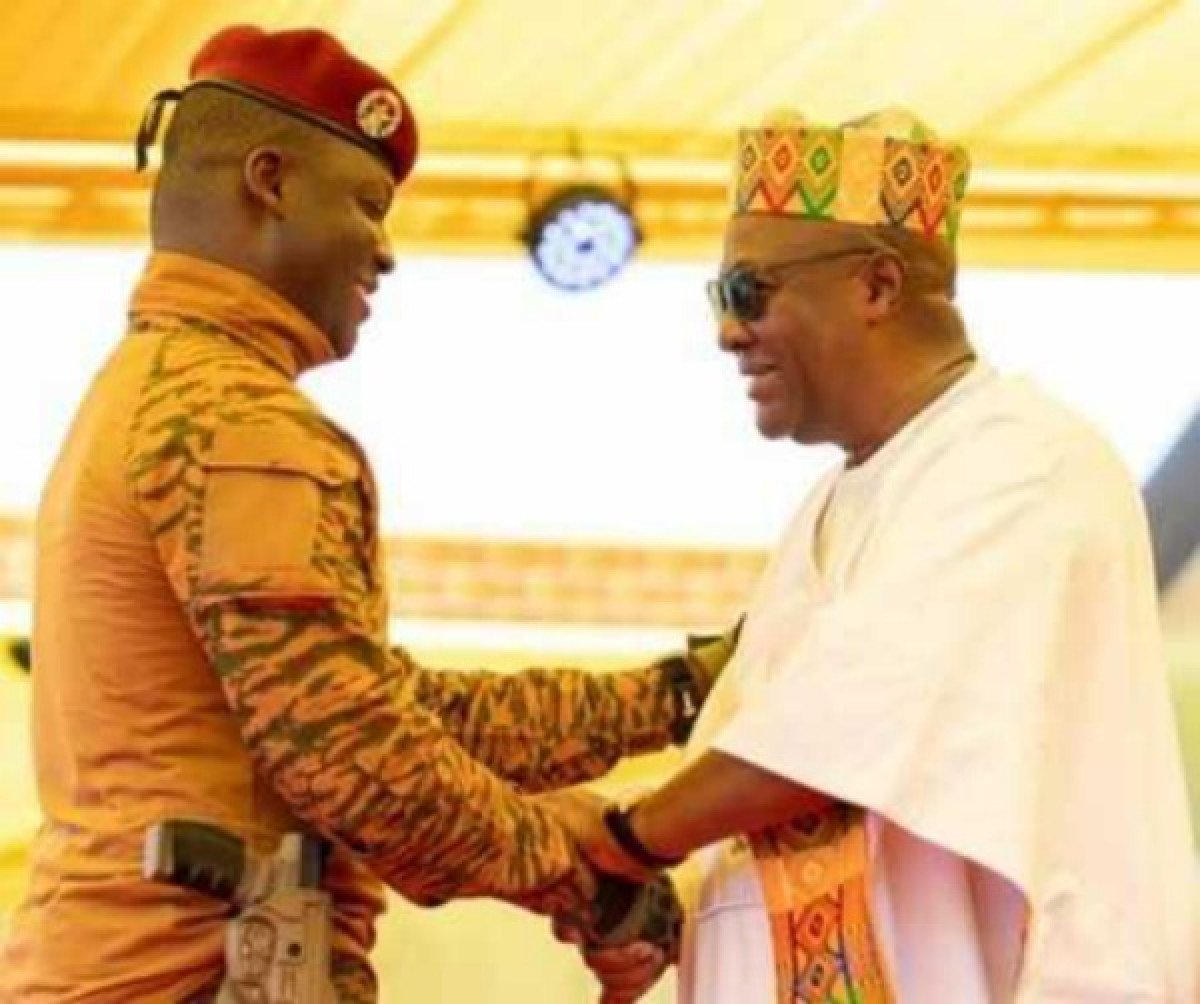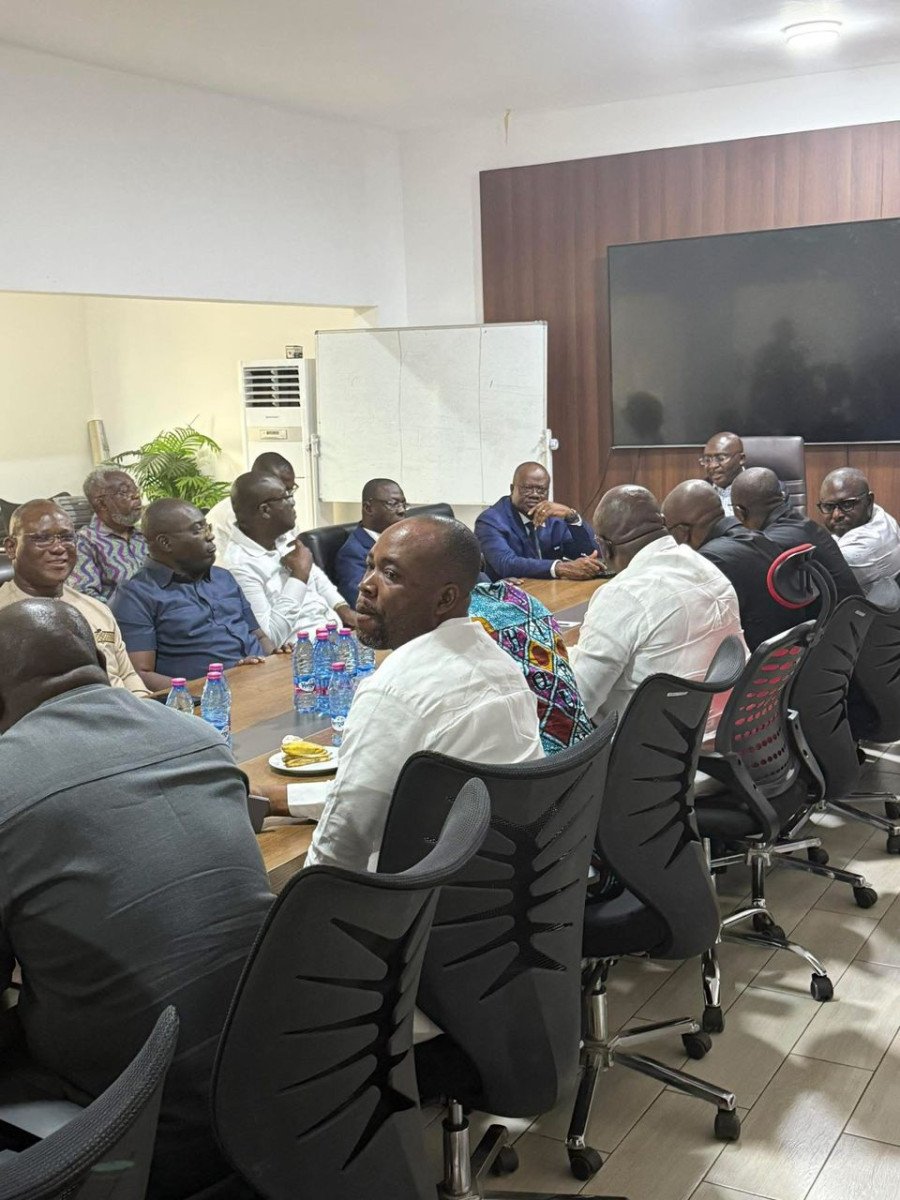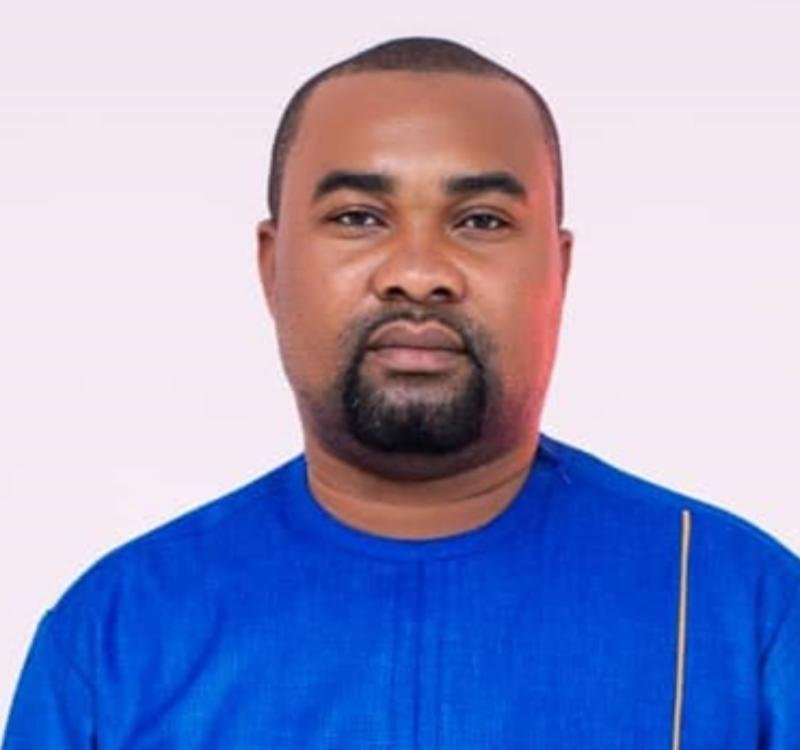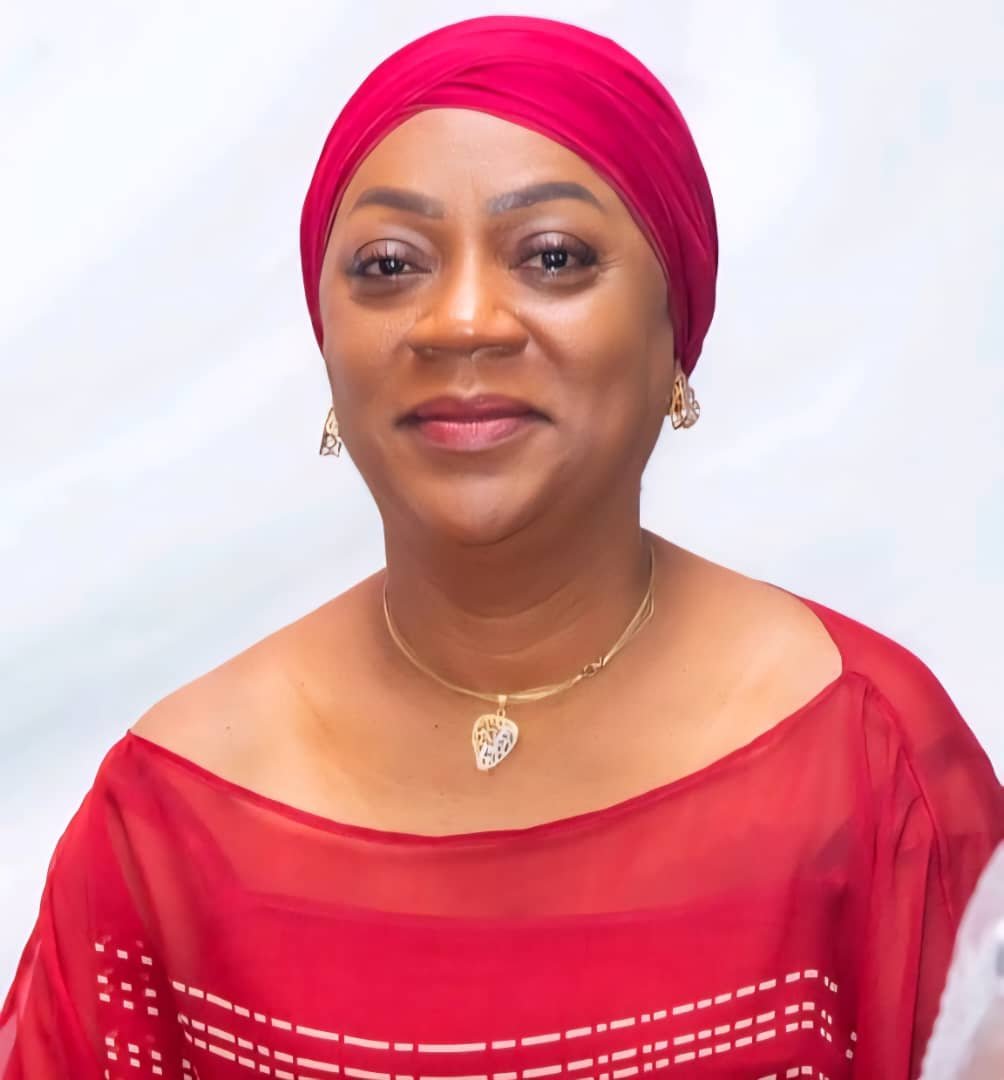Ghana’s President John Dramani Mahama’s recent inauguration emerged as a moment of hope and unity for Africa. The ceremony, attended by over 30 heads of state, prominent businessmen, and celebrated figures from the music and film industries, has led many to contemplate Mahama's potential role in uniting African nations.
Among the confirmed attendees were notable leaders such as Nigerian President Bola Ahmed Tinubu, Kenyan President William Ruto, Sierra Leone President Julius Maada Bio, South African President Cyril Ramaphosa, Botswana President Duma Boko, Gambia President Adama Barrow, Guinea Bissau President Umaro Sissoco Embaló, Senegal President Diomaye Faye, Tanzania President Samia Suluhu Hassan, Namibia interim President Nangolo Mbumba, Liberia President Joseph Boakai, Uganda President Yoweri Museveni, D.R Congo President Félix Tshisekedi, Rwanda President Paul Kagame, Equatorial Guinea President Teodoro Obiang Nguema, Burkina Faso Captain Ibrahim Traore,
The presence of Burkina Faso’s military leader, Captain Ibrahim Traore, captured considerable attention at the event. His warm reception from the Ghanaian audience and subsequent discussion with Mahama could signify a potential shift in the dynamics between military and democratic leadership in Africa.
Tinubu, in his open address, made a call for Africa to come together, “The sun is out, and the sky may be blue, but I see today a Black Star rising, rising high over Africa, this Black Star shines over this nation and will spread across the continent, bringing with it a sense of shared history, hope, compassion, unity, and devotion to our common welfare,” he added.
The Nigerian leader recognized Ghana’s harmony and the enduring spirit of its forefathers, stating that the inauguration of President John Dramani Mahama truly reflects that unity
President Tinubu further praised John Dramani Mahama, describing him as a man of patriotic vision and substance.
Mahama attempts to address the multifaceted challenges facing Africa with a unified approach, Dr. Amakye Boateng, a political science lecturer, noted, “It’s clear that Mahama is not only advocating for African unity but is also working to understand the underlying issues that plague various states.” The inclusion of military leaders in democratic celebrations is seen as a strategic move aimed at fostering dialogue about transitioning from military regimes to democratic governance.
Dr. Amakye added that Mahama’s efforts are rooted in Ghana’s historical commitment to democratic principles, which began with the transition under former President Jerry John Rawlings. “ The current discourse emphasizes that democracy can coexist with respect for former military leaders, potentially paving the way for a more stable governance mode”.
During the celebrations, Mahama engaged with the leaders, articulating the necessity of transitioning from military rule to democratic frameworks. This initiative serves as a critical reminder that military regimes, often characterized by coercion, cannot sustain governance that genuinely represents the will of the people.
Importantly, Mahama’s vision for unity encompasses more than political coherence; it also advocates for economic and social freedoms. True empowerment, he argues, arises from democratic systems that allow citizens to have a say in their governance.
Ghana’s aspiration to become a model for economic stability and governance could significantly influence the rest of the continent. One could consider the success stories from Southeast Asia, where Japan led the way in establishing strong institutions, lifting nations like South Korea and China into prosperity.
The task ahead for Ghana, under Mahama’s leadership, involves cultivating economic and political freedoms while ensuring accountability within the government. A commitment to transparency and discipline in governance will be crucial in winning the trust of the populace and neighboring countries.
As Africa navigates its path toward unity and growth, Mahama’s leadership may indeed hold the key to fostering a collaborative future for the continent. The eyes of many are on Ghana as it seeks to set an example, inspiring other African nations to pursue a future built on the principles of democracy and mutual respect.
As per Dr. Amakye's words, which I did not include earlier: “African unity should not be preached but be demonstrated.”








